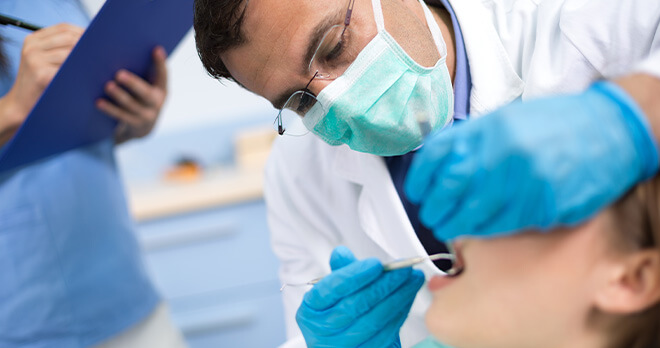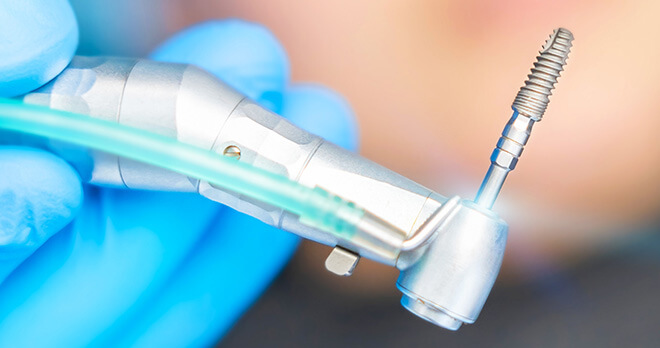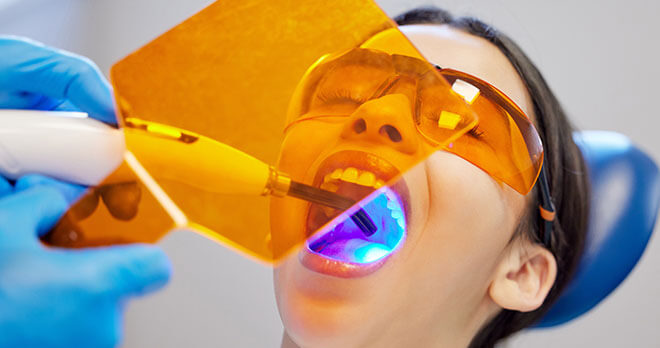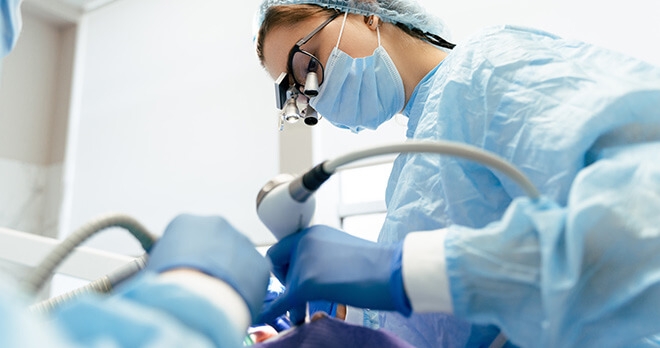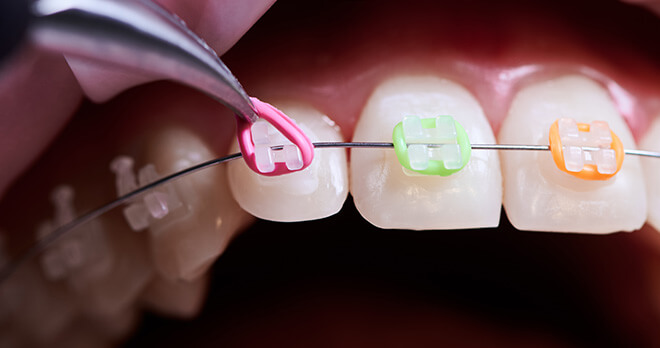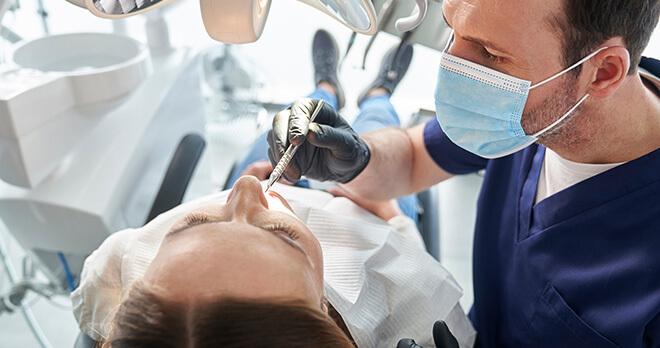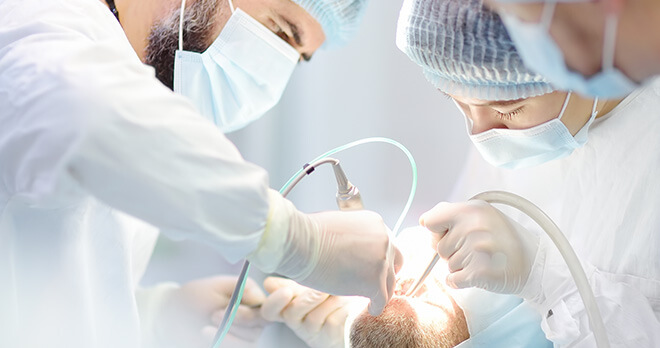The rare but serious complications of tooth extraction
The extraction of teeth is one of the most common procedures carried out by dentists in the UK. Despite being a common procedure, unfortunately it is not always as straightforward as expected.
There are a number of well known risks with tooth extraction. These include bruising and swelling at the site of the extraction, the development of an infection or potential nerve injury if the nerve is close to the site of the extraction. However, less well documented is the risk of inhaling the tooth after it has been extracted. Although its occurrence is considerably rarer then the aforementioned risks, it can have some serious complications.
How does inhalation occur?
Dentists will use forceps to extract the tooth and on occasion, once the tooth has been removed it may fall out of the forceps and into the patient’s mouth. The tooth can be slippery as it is often covered in saliva and blood which can cause the dentist to loss their grip on the tooth.
If the tooth is not retrieved quickly from the patient’s mouth then there is a risk that the patient can either swallow or inhale the tooth. If the tooth is swallowed no further treatment is required as it will pass through the body naturally.
Inhalation of a tooth under local anaesthetic is particularly rare as the patient’s natural reaction and reflex will be to cough to prevent choking. If the patient is under general anaesthetic, dentists will play an important role in ensuring the tooth is not inhaled by checking the whole of the tooth is present after extraction.
What treatment is required if you inhale a tooth?
If the tooth is inhaled the patient will need to be referred to hospital for a chest x-ray to confirm if the tooth is present in the lung or airway. If it is not clear whether the tooth has been inhaled or swallowed, a chest x-ray should still be carried to confirm the location of the tooth.
If the tooth is present in the lung or airway the patient will need to undergo an operation to remove it before it could cause serious complications such as pneumonia or a lung abscess. The most common procedure to remove foreign objects from the lungs and airways is a bronchoscopy. This is an invasive procedure in which an implement is passed down the back of the throat, in order to locate and remove the foreign object.
Our experience
Whilst the majority of extractions are carried out with no complications, as dental negligence lawyers we assist in claims where damages has been caused following the inhalation of a tooth during extraction.
Unfortunately we have also assisted with claims in which other dental material has been inhaled. The Dental Negligence Team recently acted for a client whose poorly fitted amalgam filling fell out and was inhaled. This resulted in our client having to undergo two bronchoscopies to remove his filling which worsened his right sided bronchiectasis. The Dental Negligence team were successful in securing compensation, to compensate him for his injuries.
If you or your family have suffered problems associated with tooth inhalation please contact the Dental Negligence Team to ensure that your concerns are fully investigated.
Got a question?
You can call the team on 0800 923 2080 or message them to understand more about you potential compensation claim for dental negligence. We will get back to you at a time that is convenient to you.
Common claim types
Insights and opinions
View more articles related to Cosmetic dentistry, Crowns and bridges, Dental implants, Dental nerve damage, Extractions, Gum disease, Information, Mouth cancer, Orthodontics, Root canal treatment, Tooth decay and Wisdom teeth
